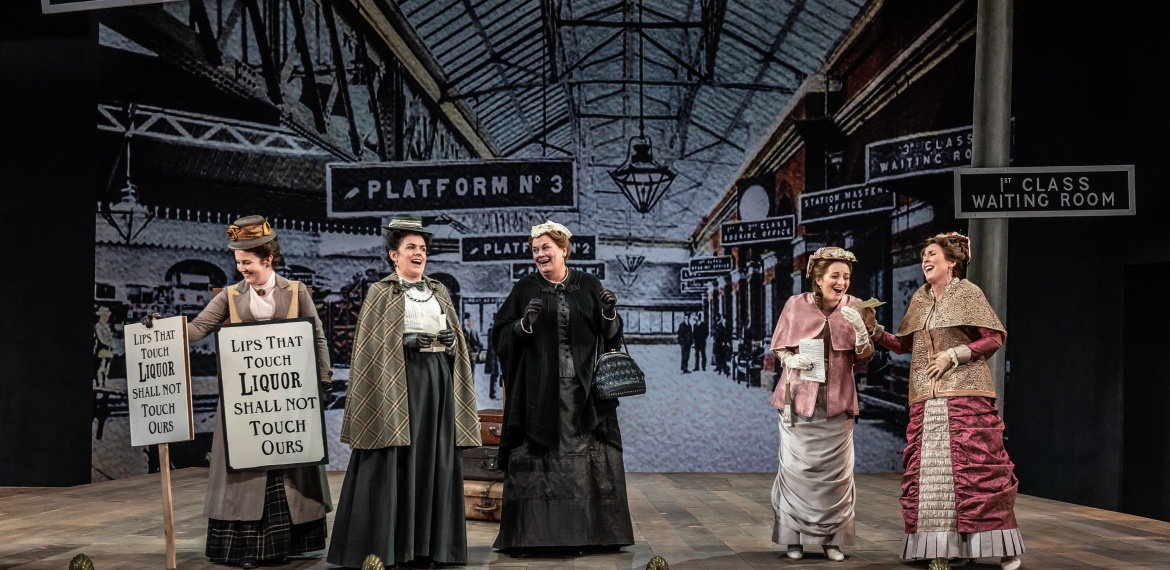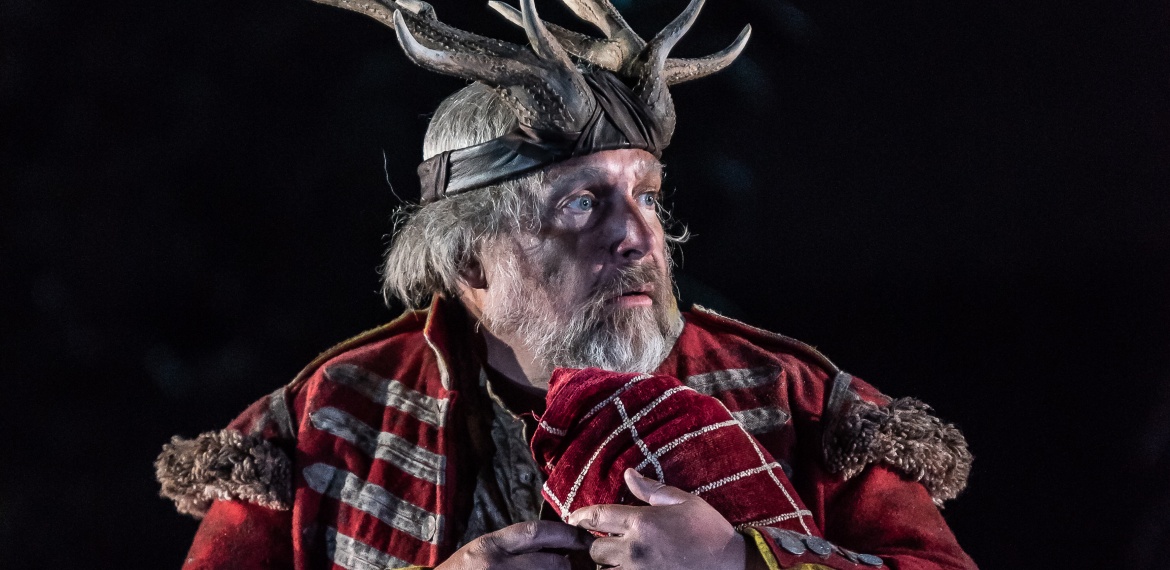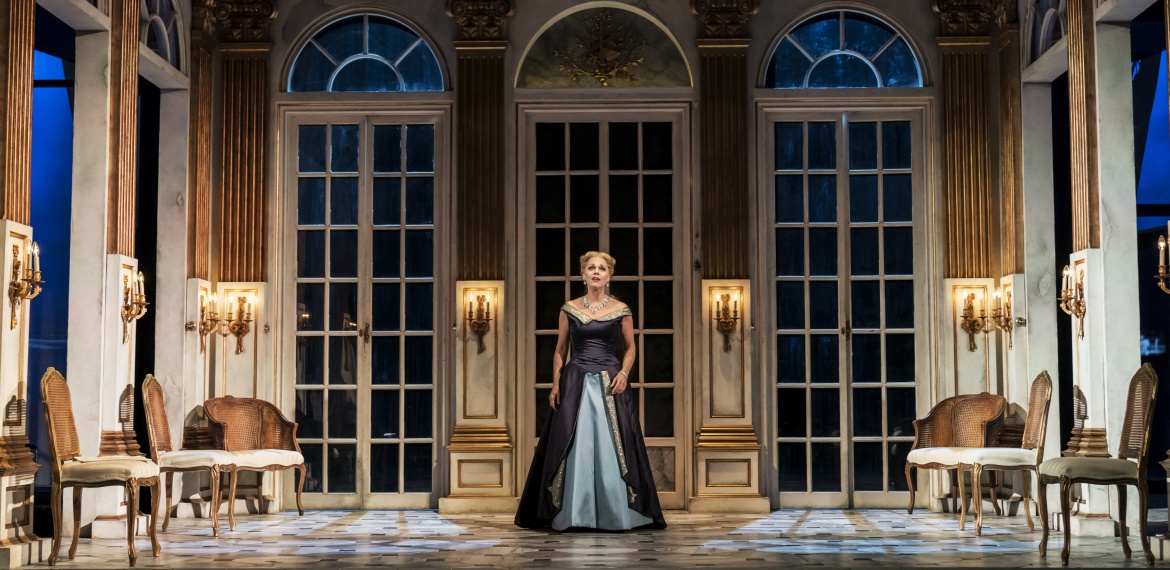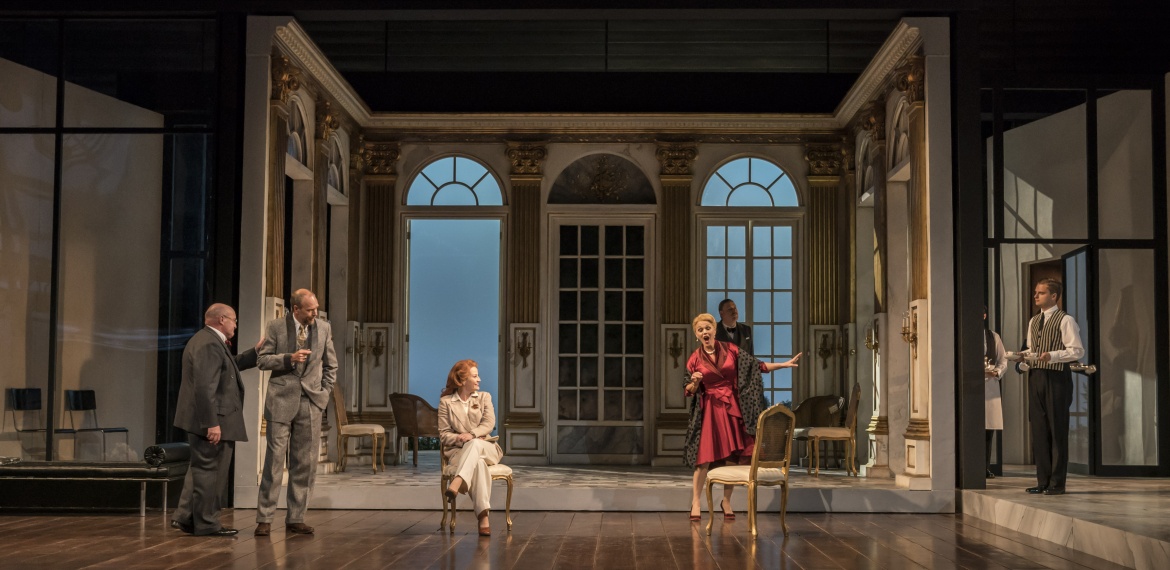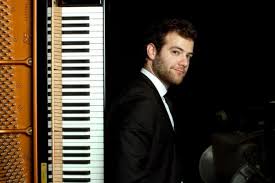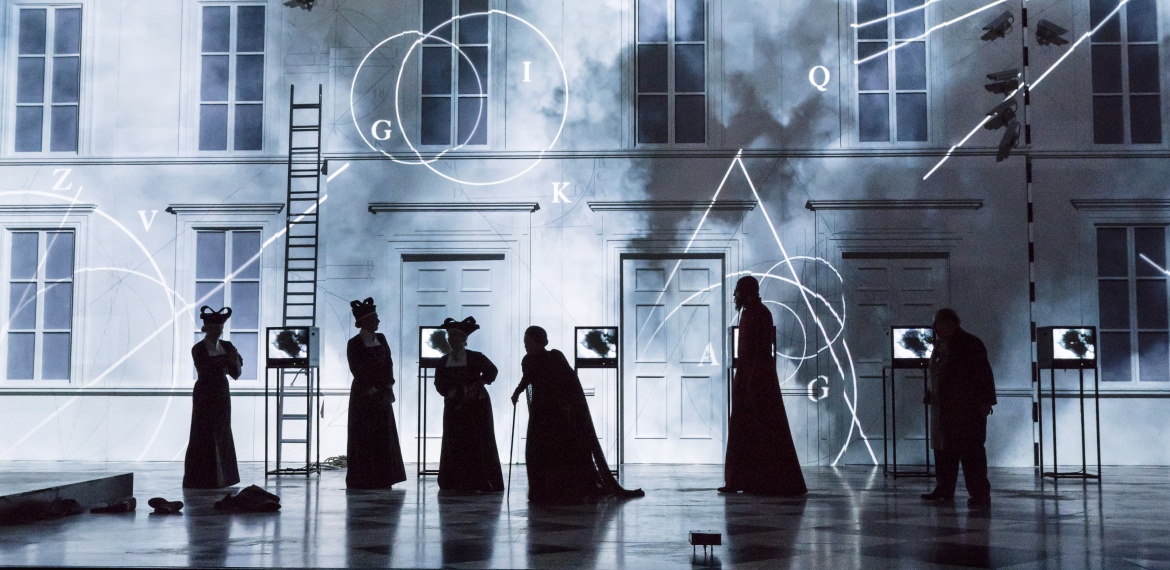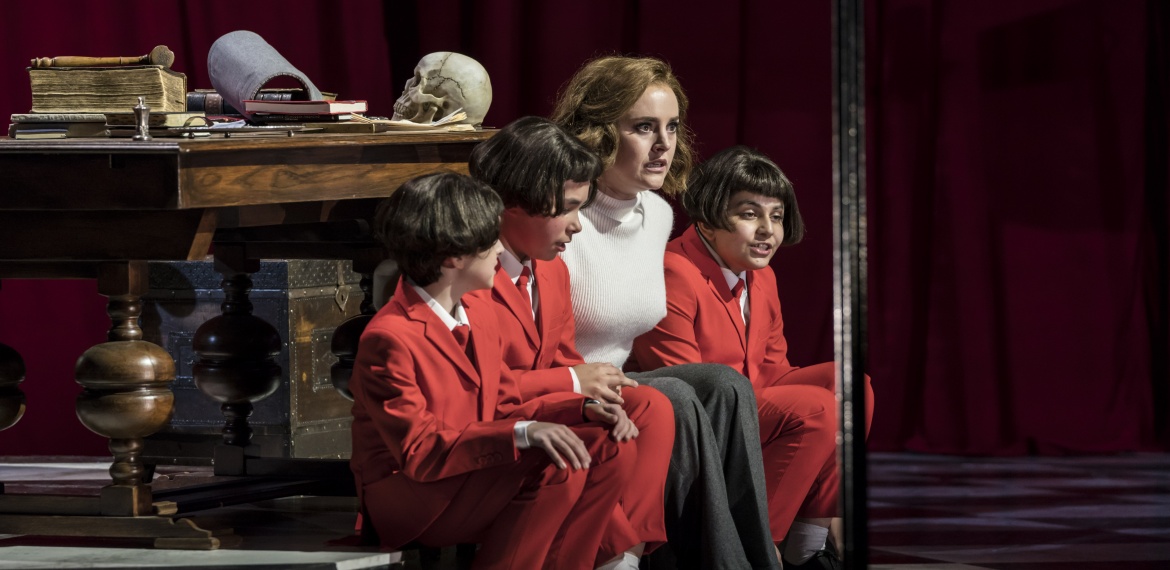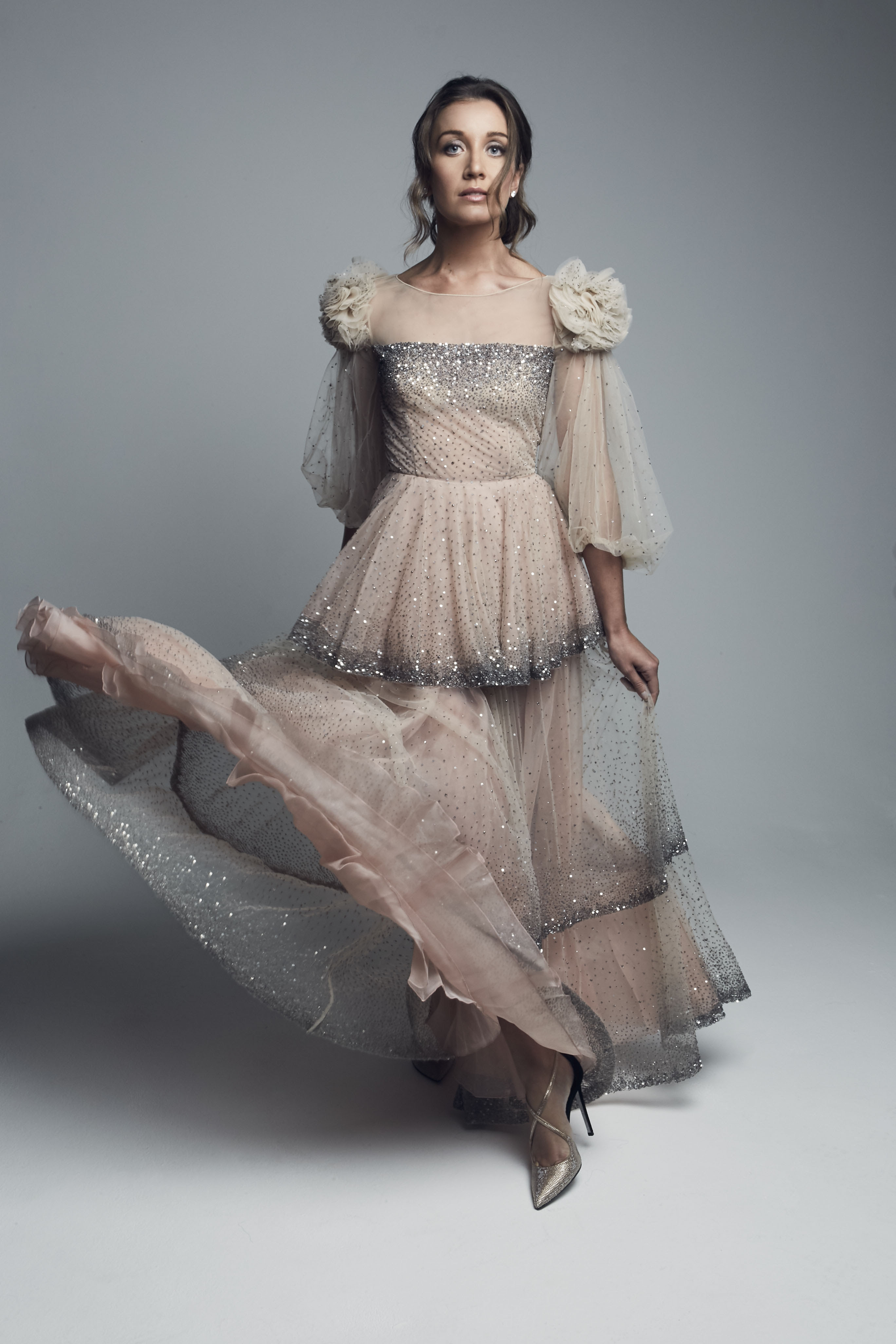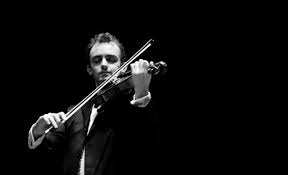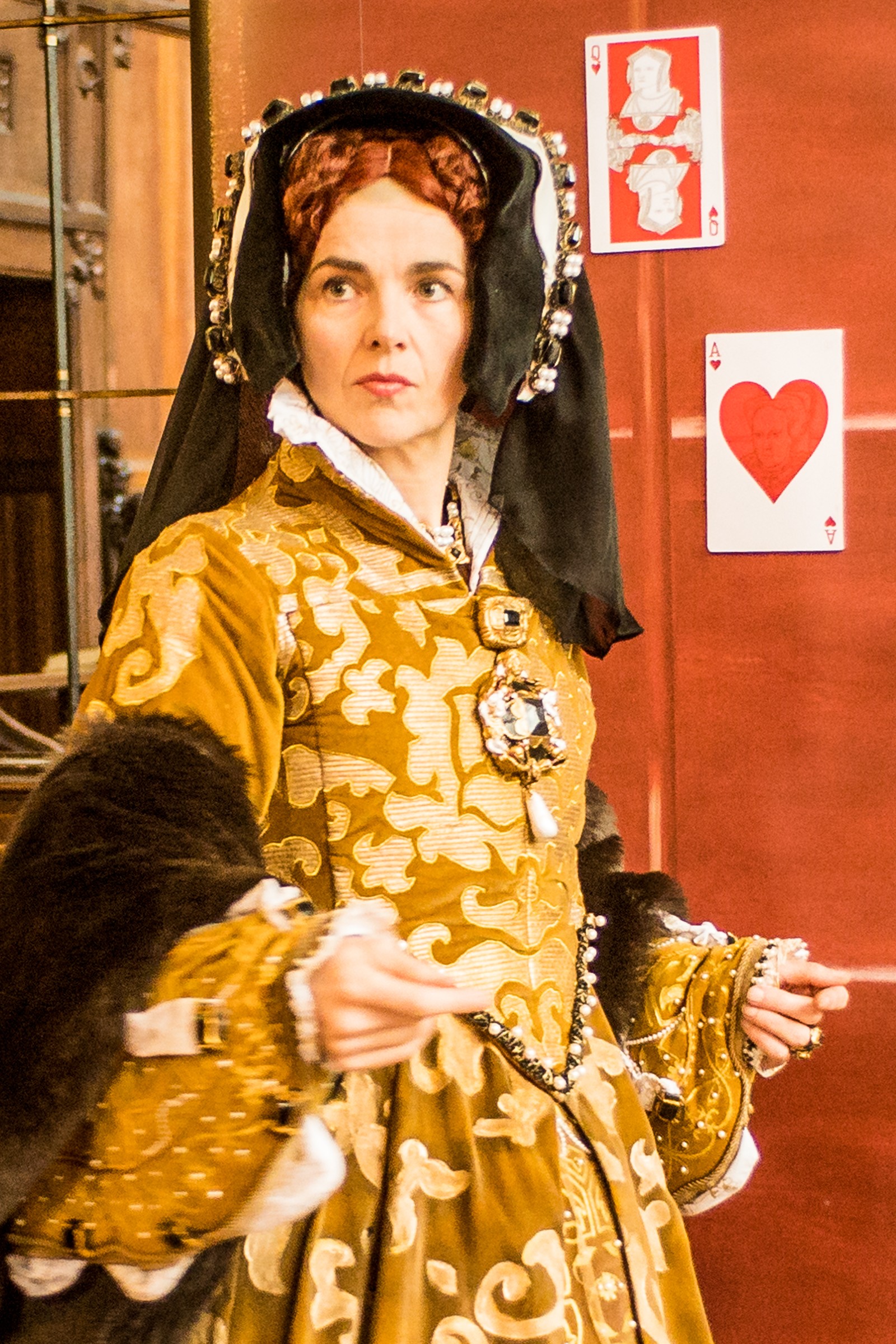Suk: piano works
Jonathan Plowright
HYPERION CDA 68198
Those of us who know Suk essentially as an orchestral composer having heard his romantic tone poems may have overlooked his reputation as a fine pianist which is certainly reflected here in these intensely romantic piano works. Spring, Summer and Moods speak for themselves while the Piano Pieces Op7 are equally descriptive in their writing. Jonathan Plowright brings warmth and intimacy to his playing which is entirely in keeping with these lovely works which deserve a wider audience.
The Nightingale’s Response
Fontanella Recorder Quintet
BCR 015
If ever there was a recording for a gentle summer’s evening this must be it. The scores range from Merula and Van Eyck in the seventeenth century to George Shearing and Joseph Kosma. The nightingale itself is heard as the programme continues and it says a great deal for the sensitivity of the planning that there is no problem in continuity. The Quintet play a wide range of recorders giving a freshness and range to the works, all of which are captivating in their impact.
Percy Grainger: Wind Band Classics 3
Royal Norwegian Navy Band, Bjarte Engeset
NAXOS 8.573681
Readers who are aware of my enthusiasm for the earlier volumes in this series will not be surprised to find that I am equally pleased with this latest issue. The sixteen items include two longer works – The Power of Rome and the Christian Heart and the complete A Lincolnchire Posy. As previously it is the immediacy and apparent ease of so much of the writing which appeals. Though Grainger frequently took a long time over writing, The Power seems exceptional in that it was commenced in 1918 and not completed until 1947. Unusually it includes an organ which the composer stipulates must be electronic/theatre – anything but a church organ. Though he was fond of the work he admitted it simply is grouchy .. grumbling at the sad condition of tyranny
Elgar: Symphony No 2; Serenade for Strings
BBC Symphony Orchestra, Edward Gardner
CHANDOS CHSA 5197
After the fine recording of the First Symphony it was to be hoped that this Second Symphony would follow and it does not disappoint. The contrasts in mood and dynamic are strongly marked, with an emphasis on life a vibrancy rather than dwelling on the potentially morose. The power of the Rondo impresses but does not overshadow the finale, which can often happen. We can, hopefully, look forward to Edward Gardner’s own approach to the reconstructed Third Symphony soon. The addition of the Serenade for Strings is an added bonus.
Solitude; Mendelssohn, Shostakovich & Weinberg
Dudok Quartet of Amsterdam
RESONUS RES 10215
Solitude does not here simply mean quiet reflection. Yes, there certainly is a good deal of this in the shape of the Shostakovich Elegy and brief works by Josquin des Prez and Gesualdo, but the Weinberg quartet is astringent and challenging in its intensity. If the Mendelssohn leads us in gently we should be fooled into thinking there are not real depths even within the beauty of the line.
The Dudok Quartet bring sensitivity and fine balance to these works which justify the unusual programming.
Venice 1629
The Gonzaga Band
RESONUS RES 10218
In 1629 Schutz came to Venice to meet Monteverdi. It was a pivotal time for Baroque music as this first recording by The Gonzaga Band demonstrates, with works by both composers and their contemporaries Dario Castello, Alessandro Grandi and Biagio Marini. Though the Band comprises only six musicians, the range of instruments and voice creates great variety and a freshness of approach. Soprano Faye Newton is particularly appealing, and her ornamentation of the musical line is very pleasing. The cd is also greatly helped by the acoustic in St Mary’s College Chapel , New Oscott, which gives a rounded ambiance and warmth to the sound.
Handel: Johannes-Passion
La Capella Ducale, Musica Fiata, Roland Wilson
CPO 555 173-2
The recording is issued under Handel’s name though there is considerable doubt as to whether it is actually a very early work of his or not. It certainly does not sit comfortably alongside his known early compositions and – as the notes carefully point out – at no time did he borrow any of the better music, which he regularly did with anything worth retrieving. That said this brief setting is musically pleasing and well performed by a small ensemble made up of eight singers who also take the solo parts and eight musicians, with Arno Schneider providing the essential organ part.
Handel: Acis and Galatea
Early Opera Company, Christian Curnyn
CHANDOS CHACONNE CHSA 0404(2)
No doubting that this certainly is Handel – and Handel at his exhilarating best. Christian Curnyn brings a crisp brightness to the score and this extends easily to his soloists. Lucy Crow and Allan Clayton are young sounding lovers trilling enthusiastically in Happy we, against the bluster of Neal Davies’ Polyphemus in O ruddier than the cherry. It was also a delight to hear the recorder during Hush, ye pretty warbling choir and even accompanying Polyphemus.
Mozart: Flute Quartets
Sami Junnonen, flute, Chamber Domaine
RESONUS RES 10216
This recording brings togther all of Mozart’s flute quartets which range over a considerable period of the composer’s lifetime. They are structurally different and reflect the specific time in which they were written – ranging from the early Mannheim quartets to the last composed while working on Figaro and Don Giovanni. The playing here by the Finnish flautist Sami Junnonen is highly convincing as is the string playing from Chamber Domaine who are better known for their championing of more modern scores and composers.
Bruckner: Symphony No 7
Cologne Radio Symphony Orchestra, Hans Knappertsbusch
ORFEO C 915181B (mono)
This recording dates from 1963 but holds up very well. I was fortunate enough to attend Parsifal in Bayreuth in the 1960s when Knappertsbusch was still conducting there, and the memory is still very strongly etched. If tempi are on the slow side and the sound is very much mid-twentieth century this is still a recording well worth hearing alongside more modern versions.
Respighi: La Campana Sommersa
Teatro Lirico de Cagliari, Donato Renzetti
NAXOS UNITEL 2.110571
Though we tend to think of Resphigi as a romantic orchestral writer his works spread far wider. This opera was first performed to great acclaim in 1928 and was taken up in the United Sates. It is a fantasy, somewhere between Pelleas and Rusalka, with richly orchestrated sound from the pit though the vocal lines rarely live up to the melodic grace of the orchestral compositions. This heavily naturalistic production from Cagliari is finely sung by a large cast and the orchestral playing is as sumptuous as you could wish. I suppose the work might turn up at a Festival – Wexford / Garsington / Holland Park? – though it is unlikely to be seen on major stages given the need for large audiences for long runs.

